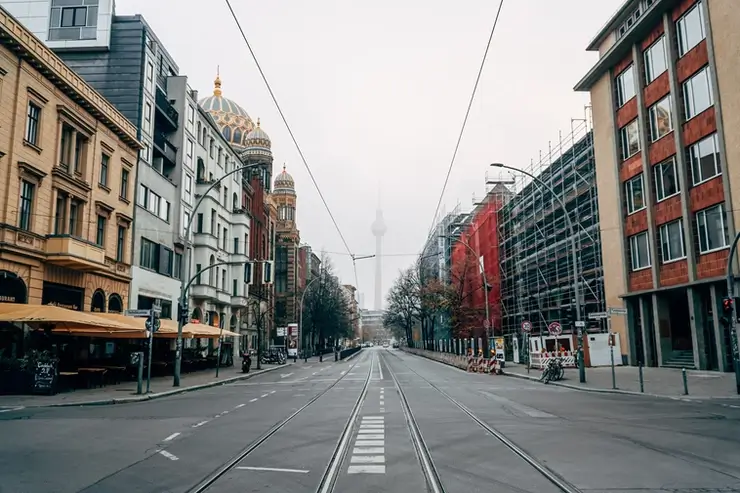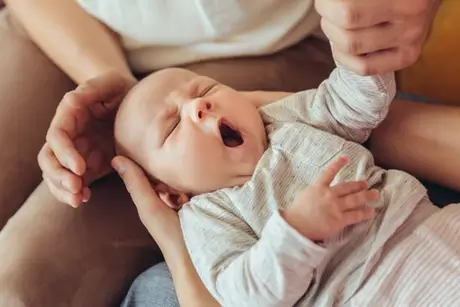At a time when no one knows what dawns on us, if we will be able to move freely on the streets, how many vaccines we will need to do to return to normalcy and if it will ever come, as we once knew, two years ago, there will surely be effects on our psychology.

Some are angry, some are scared, some are worried, some remain indifferent and some, few remain optimistic. Each of us has differences in personality and character structure, which means that we will have different defense mechanisms, which help us overcome any obstacles.
The only problem with our defenses, however, is they develop in the first years of our lives, unconsciously. While for the conditions of that time, they may have been suitable and kept us alive as babies, completely dependent on the environment and our primary carer then, they became something like an armor that we wear until our adult life and we walk with it. We react in similar ways in different circumstances and many times, these behaviors, which have become second nature to our difficulties, are not the wisest or most effective to have a happy life.

For example, a hungry baby can not communicate in words, so they cry, in order to be heard by their caregiver and have their needs met. As long as these needs are ignored, the baby will continue to cry, until at some point, they will believe that there is no hope and will give up. Doesn’t this resignation sound a lot like what we call depression?
But what are our needs, as adults, that need coverage? Food, shelter, clothing, security, of course, but what about our emotional / spiritual needs? We are emotional beings and we are not separated from them. Body, mind, emotion and spirit are interrelated.
A shocking example and proof are researches which have shown that babies who are given food but not caress and physical contact, can deteriorate or even die.

We need love, care, understanding, support, meaning, emotional security, joy, respect.
The biggest trap that a large part of the population falls into is waiting for another person to come and meet their needs. Of course this is also part of life, but what would it be like to be able to provide all of the above to ourselves? To see them as a friend, whom we knew little by little, day by day, to build a relationship with them of a solid foundation, a relationship of love?
This is exactly what people learn to do in Psychotherapy. How different would our life be, our relationship with ourselves but also our relationships with others?
